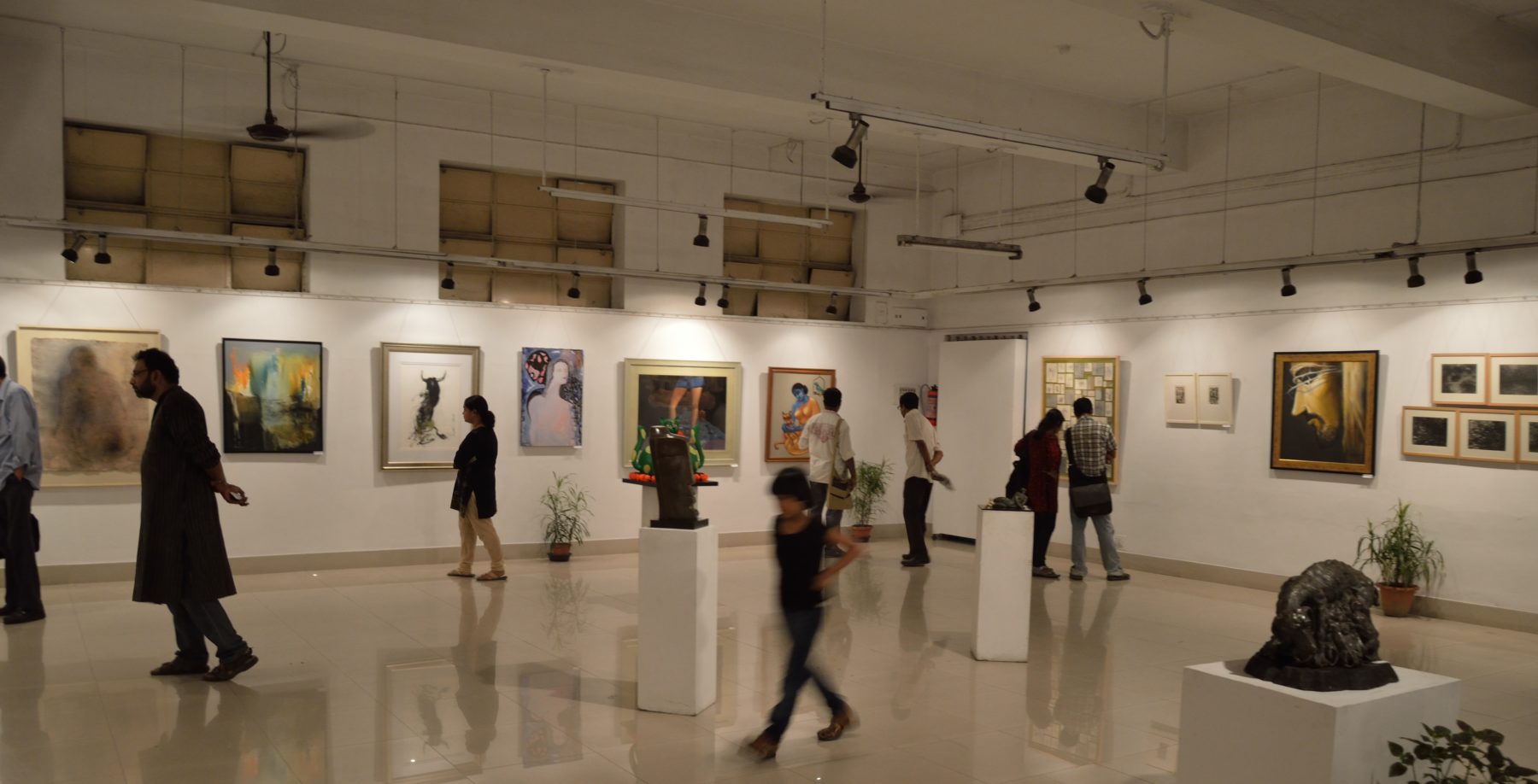On July 22, 2013, the Cultural Research Network hosted a virtual study group on the National Endowment for the Arts report, How Art Works: The National Endowment for the Arts Five-Year Research Agenda, with a System Map and Measurement Model.
This seemed like an excellent point of entry to frame a larger discussion about how we, as cultural researchers, conceptualize our work and where holes might lie in this proposed ”system map.”
Here’s a description of the report:
How do you measure how art works — on people, on communities, or on society? It’s a broad question, and the National Endowment for the Arts offers an ambitious plan to “map” the arts to better understand and measure this complex, dynamic system. How Art Works describes the agency’s five-year research agenda, framed and informed by a groundbreaking “system map” and measurement model. The map is grounded in the theory that arts engagement contributes to quality of life in a virtuous cycle from the individual level to the societal level, and back. The map helps illustrate the dynamic, complex interactions that make up this particular system, from “inputs” such as education and arts infrastructure, to “outcomes” such as benefits of the arts to individuals and communities. The NEA developed the map through a series of dialogues with researchers, policymakers, and practitioners in the arts, economics, education, health, and other fields.
Guest speakers for this event included:
- Sunil Iyengar, Director of Research and Analysis for the National Endowment for the Arts
- Tony Siesfeld of Monitor Institute, the organization that prepared the manuscript upon which the report is based.
The discussion was hosted by Anne Gadwa Nicodemus.
